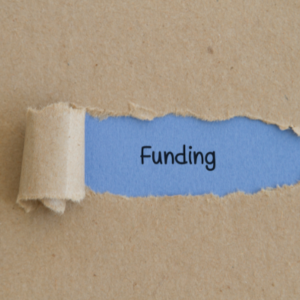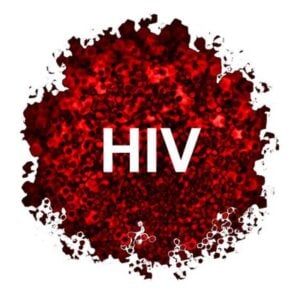The Gates Foundation has partnered with Indian manufacturer Hetero Labs to expand access to a low-cost, generic version of lenacapavir, a groundbreaking twice-yearly injectable pre-exposure prophylaxis (PrEP) for HIV. Supported by upfront funding and volume guarantees, Hetero will produce the treatment at roughly $40 per patient per year, making it more affordable for national health systems in low- and middle-income countries (LMICs). This partnership aims to bring millions more people at risk of HIV within reach of this powerful prevention tool.
In parallel, Unitaid, the Clinton Health Access Initiative (CHAI), and Wits RHI announced new commitments with Dr. Reddy’s Laboratories, strengthening a competitive generics ecosystem for lenacapavir. Large-scale generic supply, expected as early as 2027 pending regulatory approval, will reduce the interval between initial doses and expand access, potentially transforming HIV prevention efforts and accelerating the global fight against the epidemic. These collaborations complement existing agreements with the Global Fund, Gilead Sciences, and the U.S. State Department through PEPFAR, ensuring that initial supplies can reach countries by the end of 2025.
Lenacapavir, approved by the U.S. FDA in June and the European Commission in August, provides six months of protection per injection, offering an important alternative for people facing barriers to daily oral PrEP, such as stigma, adherence challenges, and inconsistent medication access. Despite progress in reducing HIV rates and AIDS-related deaths, 1.3 million people acquired HIV in 2024, and only 18% of those eligible for PrEP currently have access. Studies suggest that scaling affordable lenacapavir to just 4% of the population in high-burden countries could prevent up to 20% of new infections, underscoring the urgency of expanding access.
The Gates Foundation has invested more than $80 million to accelerate market readiness, scale delivery, and shorten the timeline for generic entry of lenacapavir. Trevor Mundel, president of global health at the foundation, emphasized the importance of ensuring that high-risk populations who can least afford treatment are not left behind. The foundation is working with governments, communities, and programs like the Global Fund and PEPFAR to ensure regulatory approvals, delivery systems, and community-led approaches are in place for rapid access to this life-saving treatment.
Gilead Sciences has granted royalty-free licenses for lenacapavir production to six generic manufacturers covering 120 LMICs. Generic versions will flow through national HIV programs and public procurement channels, including the Global Fund. The Hetero agreement also provides an affordable supply of the active pharmaceutical ingredient (API), enabling faster and more efficient scale-up by other manufacturers. Kate Hampton, CEO of the Children’s Investment Fund Foundation, highlighted that these agreements foster a competitive market, ensuring reliable and affordable access to lenacapavir for those in need.
This initiative is part of the Gates Foundation’s broader commitment to ending infectious diseases and improving global health. Building on its long-term support of the Global Fund, which has helped cut HIV rates by 82% in supported countries, the foundation recently pledged $912 million to the Global Fund’s 2026–2028 replenishment campaign, aiming to save 23 million lives from HIV, malaria, and tuberculosis between 2027 and 2029. The foundation’s long-term strategy also includes a $200 billion commitment over 20 years to prevent maternal and child deaths, combat infectious diseases, and lift millions out of poverty, after which it plans to sunset its operations.







